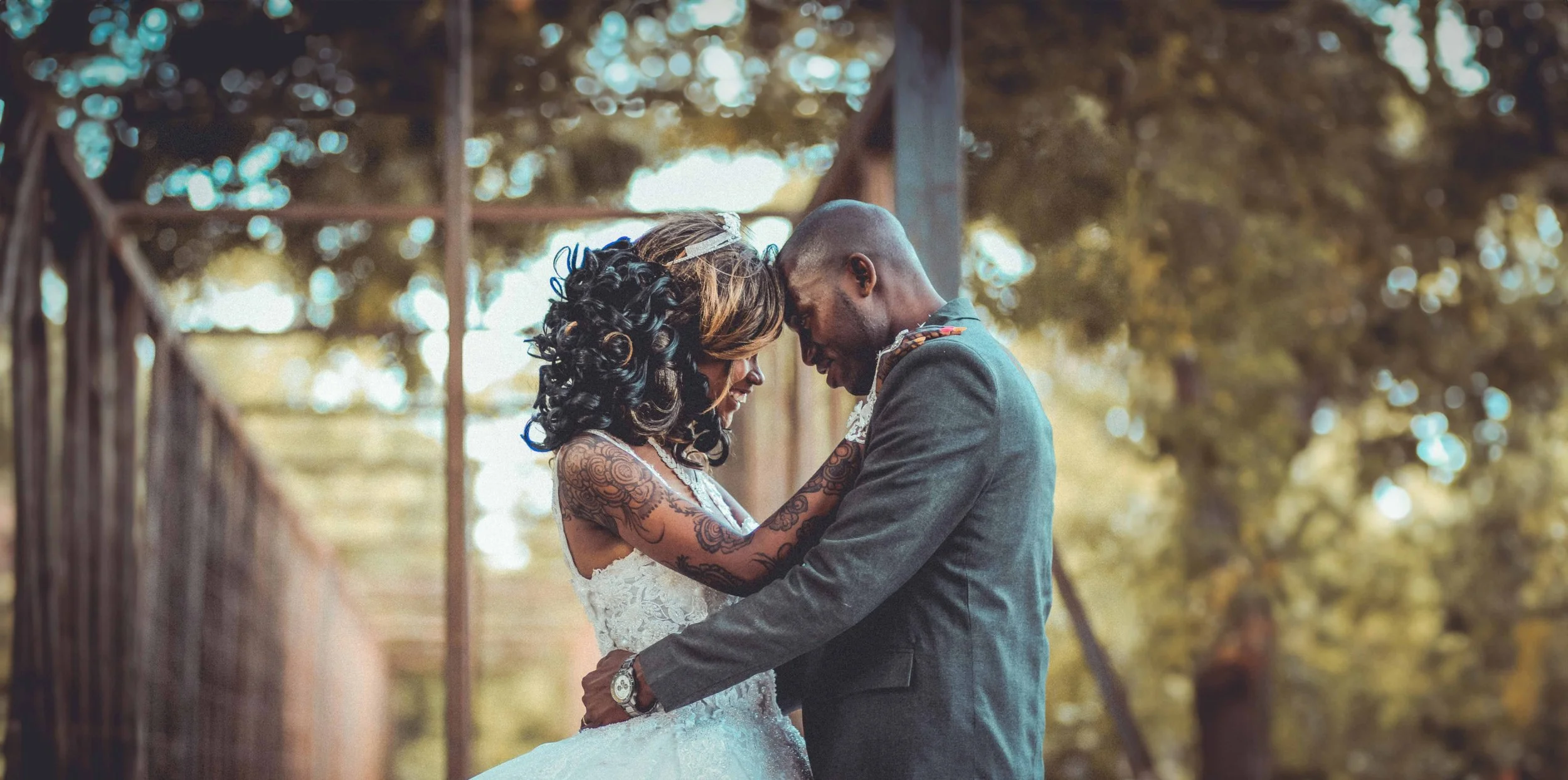Battling the Fear of Marriage: How Relationship Counseling Can Help
/Are you feeling anxious or fearful at the thought of marriage? You are not alone. Many people experience a fear of marriage, often stemming from past relationships, family dynamics, or personal insecurities. However, with the help of relationship counseling or marriage counseling, you can work through these fears and find a path towards a healthy and fulfilling marriage.
Understanding the Root Cause of Your Fear
Delving into the origins of your apprehension about marriage is crucial for moving past it. This journey often requires a deep dive into personal history, examining the impact of experiences like familial divorces or unhealthy past relationships. A relationship counselor acts as a guide, facilitating a process of self-exploration that brings these underlying issues to the forefront. This exploration is not about placing blame but rather understanding how these experiences shape your perceptions of marriage today. By identifying these root causes, you lay the groundwork for healing and transformation, paving the way for a more optimistic view of marriage. This foundational work is a critical step, as it allows for targeted strategies that directly address the core of your fears, making the path forward clearer and more navigable.
Communication as a Key to Unlocking Fears
Navigating the waters of pre-marital anxiety necessitates a shared language of understanding and empathy between partners. Relationship counseling provides an invaluable platform for both individuals to voice their concerns, fears, and expectations regarding marriage. This process of open dialogue is facilitated by a counselor who ensures that the communication remains constructive, guiding both parties towards mutual understanding without judgment or defensiveness. Through structured communication exercises, partners learn to express their vulnerabilities in a way that fosters connection rather than conflict. This skill is not only crucial for discussing marriage-related anxieties but also serves as a cornerstone for addressing future challenges within the marriage. Learning to communicate effectively about fears is a transformative experience that can deepen emotional intimacy and reinforce the partnership's foundation. It empowers couples to tackle not just the immediate apprehensions about marriage but also equips them with the tools to manage other life stresses as a united front. The ability to navigate these discussions with honesty and openness is a testament to the strength of the relationship and a critical step towards dispelling the fear of commitment.
Building Trust Through Vulnerability
In the journey of overcoming the fear of marriage, embracing vulnerability plays a pivotal role in strengthening the bond between partners. It may seem counterintuitive, but showing your true self, including your doubts and fears about marriage, can significantly enhance trust in your relationship. This process involves more than just sharing insecurities; it's about letting your guard down and allowing your partner to see the most authentic version of you. Relationship counseling offers a safe space for this kind of openness, where both individuals are encouraged to be honest about their feelings without fear of judgment or rejection. As couples navigate through this vulnerability together, they often discover a deeper level of empathy and support for each other, which solidifies their connection. The act of being vulnerable is not a one-time event but an ongoing practice that requires courage and trust from both sides. By committing to this practice, partners can forge a stronger, more resilient relationship that is well-equipped to handle the uncertainties and challenges of marriage. Engaging in this level of transparency can transform the dynamics of the relationship, turning vulnerability into a source of strength and mutual respect. It is through this shared vulnerability that trust is nurtured, creating a foundation of honesty and openness that is essential for a lasting and fulfilling marriage.
Setting Realistic Expectations for Marriage
In relationship counseling, addressing the gap between fantasy and reality is a critical step in demystifying marriage. Often, individuals enter into marriage with a set of beliefs and expectations that have been molded by media portrayals, societal norms, or observations of relationships around them. These preconceived notions can set the stage for disappointment and contribute to the fear of commitment. A counselor can help you and your partner navigate these expectations, facilitating conversations that bring to light each person's vision for marriage. This exploration is not about lowering standards or compromising dreams but is aimed at harmonizing individual expectations with the practicalities of sharing a life together. It involves acknowledging that while marriage can be immensely rewarding, it also requires effort, compromise, and growth from both partners. By fostering a realistic understanding of what marriage entails, you can alleviate unnecessary pressure and focus on the joys and challenges of building a life together. Through this process, couples learn to appreciate the beauty of imperfection and the strength that comes from facing life's unpredictability hand in hand. Engaging in these honest reflections helps to lay a more solid, shared foundation for your future, making the concept of marriage less daunting and more of a shared adventure.
Learning Coping Strategies Together
Navigating through the fear of marriage, couples can benefit significantly from mastering coping strategies within the context of relationship counseling. Counselors often introduce a variety of personalized techniques tailored to each couple's unique fears and challenges. These methods can include mindfulness exercises to remain present and reduce anxiety, deep breathing techniques to help calm the nervous system in moments of stress, and journaling as a tool for reflecting on and processing emotions constructively. Engaging in these practices together not only helps in managing immediate fears but also strengthens the bond between partners. By committing to these exercises, couples create a shared toolkit for resilience, equipping themselves with the skills needed to face not just the fear of marriage but any of life’s challenges. This collaborative approach to coping not only mitigates anxiety but also fosters a deeper sense of unity and understanding within the relationship.










